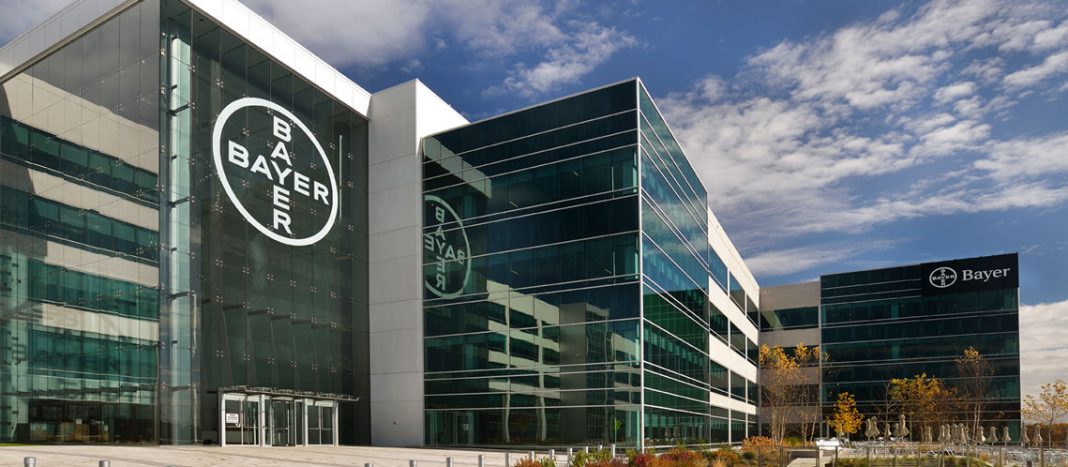Bayer’s antibody-drug conjulate (ADC) anetumab ravtansine has failed to show improvements in the survival rates of mesothelioma patients. Stock prices of Bayer’s collaborators ImmunoGen and MorphoSys declined as the announcement was made.
Malignant pleural mesothelioma is a rare cancer that affects more than 25,000 people around the world. Around 15,000 new cases are seen every year in Europe and the U.S. The most common cause is asbestos exposure, and the cancer can take 20 to 40 years to develop. When it does take hold, the disease is aggressive, and estimated survival from diagnosis, which is usually late on, is only around a year.
248 patients with advanced malignant pleural mesothelioma (MPM) who saw improvements from the first stage of treatment were given either an infusion of anetumab ravtansine every three weeks or weekly dosings of the chemotherapy vinorelbine. Anetumab ravtansine failed to slow down the progression of the disease.
Anetumab ravtansine was listed as one to look out for by the companies involved in its development. MorphoSys, the company which contributed the mesothelin-targeting antibody to anetumab ravtansine, saw its share price fall by 5% before recovering a little following the news. ImmunoGen, which is in line for royalties for providing ADC technology, also saw a slip in it’s stock price by 4%.





